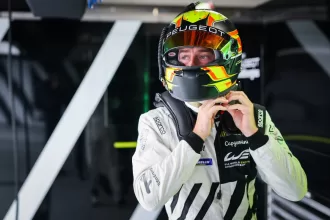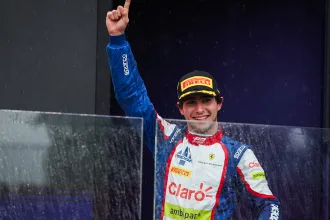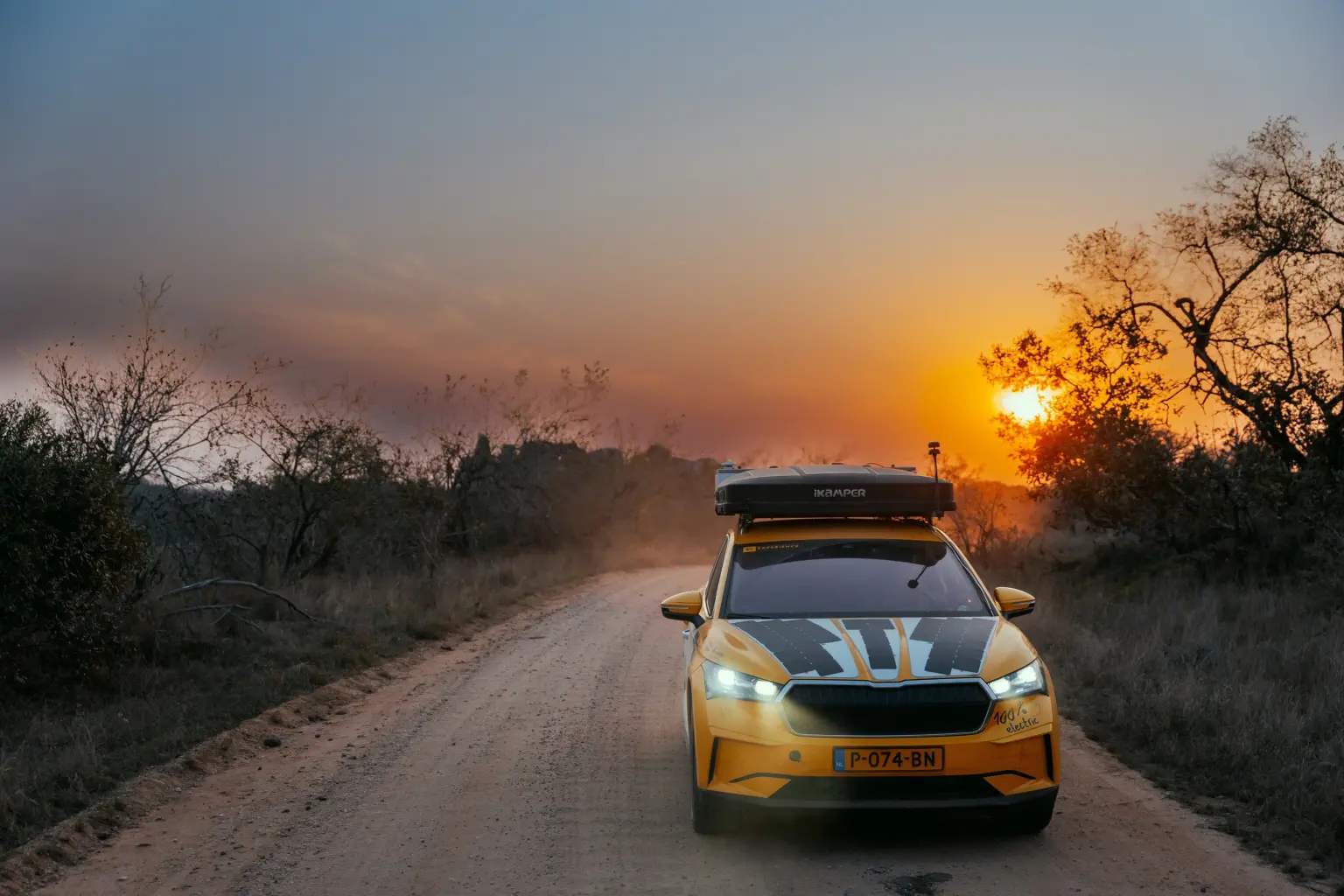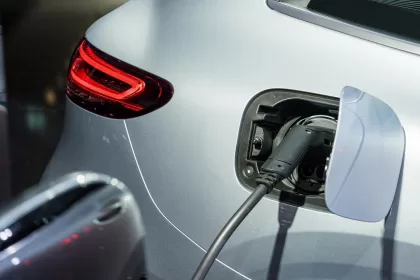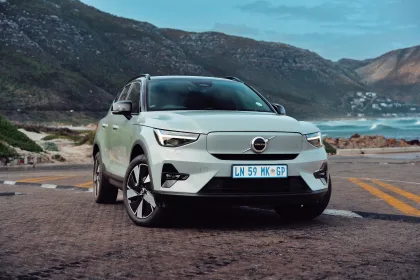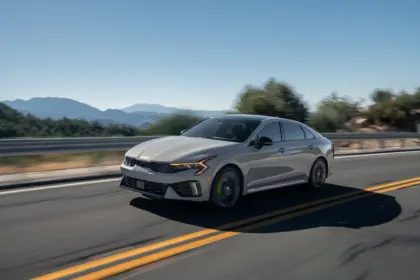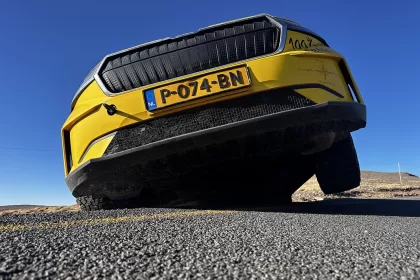Embarking on a journey that transcends the ordinary, the 4×4 Electric Team has redefined the possibilities of sustainable travel through their remarkable expedition across Africa. With their electric vehicle powered by solar energy, they have not only conquered challenging terrains but also shattered preconceived notions about the feasibility of long-distance electric travel.
From their historic green overlanding trip through Africa, the team’s commitment to environmental consciousness and innovative technology continues to inspire enthusiasts worldwide.
In this follow up interview, we delve into the 4×4 Electric Team to get a feel for their insights, experiences, and vision for the future of sustainable transportation and possibly a few details of the trip they are currently on. Here’s what they had to say:
1. Can you share some insights or key learnings you gained from your journey through Africa with the electric vehicle? How has this experience impacted your perspective on sustainable travel?
We got quite a lot of new insights. But to summarise, we experienced that completing this journey with an electric car was easier than expected. No maintenance on the car, in most places we could charge on the grid if we wanted to and solar is a perfect solution to not rely on the grid all the time. Our charging technique worked like a charm as well, and now more people are interested. That is why we are working on a new version for the commercial market.
2. You’ve been invited to speak at various presentations, including Skoda Auto’s Top 100 managers. What were some of the key messages you conveyed during these presentations?
Our main message is dare to believe in the impossible. We did not know for sure we could do this either, but we believed that if we would give it a fair shot we had a big chance. By giving it a fair shot and going for it we could do so much more than we even expected. This is a lesson we learned and now use in our daily lives as well. Date to dream and dare to go for it!
3. Have there been any notable inquiries or interest in your sustainable travel approach?
It is quite interesting that more people are approaching us now that would like to travel electric with solar as well. It won’t be a huge market, but for remote travelers it is just ideal and gives a magical feeling to drive purely on the power of nature.
4. Looking back on your trip, could you each pick 1 of the most memorable moments or highlights that stand out to you?
The most memorable moment for us was in Nigeria driving to Cameroon. The road was just so bad and it was the only road that was open to arrive in South Africa in the end so we had to take it. The both of us had a real meltdown and we almost gave up, but we kept going and that was such a magical moment! In addition, it was unforgettable how we got invited at the homes of local people mostly in South Africa and Mozambique. During those visits we had deep conversations about our different lives, history and views on things. These conversations were so open, that they formed us as persons a lot as well.
5. For the last segment of your journey from South Africa back to the Netherlands, were there any unexpected challenges with vehicle performance or maintenance issues that arose?
The main challenge was that in the last kilometer of bad bumpy gravel our rear damper broke. Mainly because our car is just so heavy loaded. A damper is mainly a luxury so we just kept driving and replaced it at Skoda HQ during our visit. But that is the only issue on the car. Further no maintenance at all.
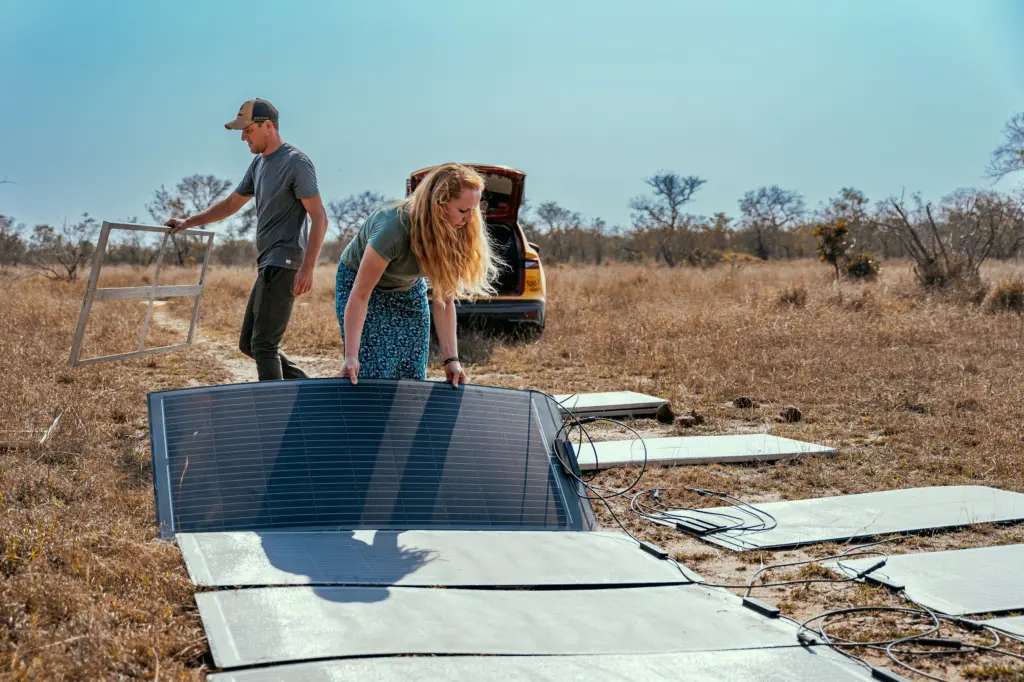
6. Have you had a chance to assess the condition of the expedition car and its battery and solar panels post-trip? How has it held up, and are there any insights you can share about its overall condition?
Yes we have. Skoda HQ tested the degradation of the car battery, this was less than 4% which is not bad giving the circumstances. The solar panels we used to charge our car degraded max 5% but most of them less than that.
So, the techniques are more than okay with the heat and dust we used them in. The temperature was for us as humans sometimes more impactful than for the technique.
Read about the start of the journey here
7. Reflecting on your journey, what impact do you believe it has had in terms of promoting the viability of electric vehicles for long-distance travel?
We hear from some followers that they now dared to by an electric car themselves, they now made their own longer trip for a holiday and they use our story to convince others that electric driving is the future. These stories make us so happy as this was exactly our aim; by doing something extreme we had hoped more people would see the potential of electric driving.
8. You mentioned on social media that you’re embarking on a new journey. Can you provide any hints or details about the upcoming trip and what you hope to achieve? Also, will you be using the same vehicle?
We started our next mini expedition last Sunday. In 3 days we will drive to the south of Spain and in the end we aim for the desert in Morocco. There we will meet some special people, we can not share yet who. We are going again in our expedition car including our entire setup. On our way back we visit Switzerland to meet some other overlanders who live there that we met in Africa last year. This mini expedition is kind of closure of our unique adventure…
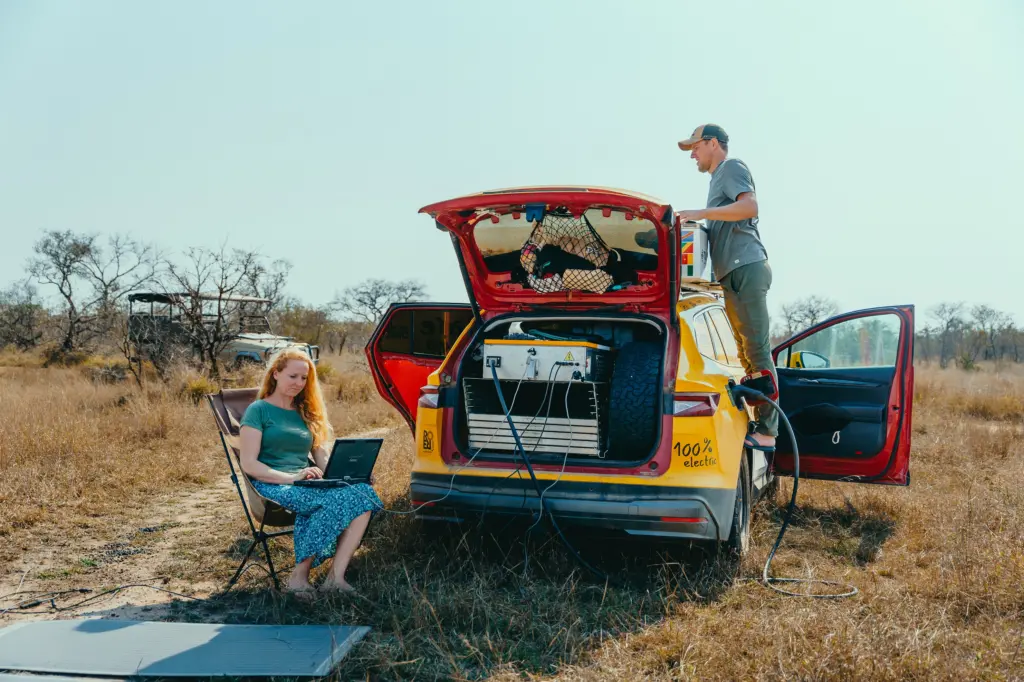
9. As you prepare for your new journey, are there any lessons or experiences from your previous expedition that you plan to apply or incorporate into your planning process?
To tell the truth, not really. We were more than happy with our set up, planning and all. So no changes to implement.
10. Let’s talk about the decision to sell your expedition car. What factors influenced this decision, and what are your reasons for selling it?
Our decision to sell the car is solely based on the fact that we don’t need it anymore. It is too big for our personal lives and the expedition upgrades are not needed in our home country. We will sell the full setup after having shown it at some events and see who is interested. This will be after the summer.
11. Can you share any insights into the resale value of the expedition car, considering the ongoing battery test race to determine the resale value of used electric vehicles?
As mentioned, the battery degraded less than 4%, so the car is still very good. Including all the upgrades, the expedition cost us more than 110k euro including the solar panels and prototype charging technology. What the value is now, we will have to see once we present it on the market.
12. With the sale of the expedition car, do you plan to reinvest in a new electric vehicle for future adventures, or are there other plans in mind?
There are some interesting developments at the moment for sure, but unfortunately we can not share too much about this yet.
13. If you had to pick any other electric vehicle on the market currently to drive for long stretched which would it be and why?
The both of us are very happy with our Skoda Enyaq, but if we would go on a second adventure we would love to have a real off road car to go even more remote and drive more challenging tracks with a car that is made for that as well. Our preference would be to stick to solar travel as this is just so magical.
14. Beyond the practical aspects of electric vehicle travel, what do you believe are the broader implications or potential benefits for sustainable transportation on a global scale?
We have the feeling that people underestimate how nice it is do drive remote in a silent car, to be able to charge anywhere on the power of nature and to have no maintenance. As electricity can be made locally everywhere with the power of nature, no fuel will have to be transported, decreasing the amount of transport. But besides that; maybe we could challenge ourselves as well to do more locally and to transport less, as that is of course even more sustainable!
Stay in tune with their expeditions by visiting http://www.4x4electric.com/


